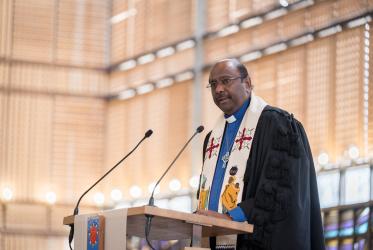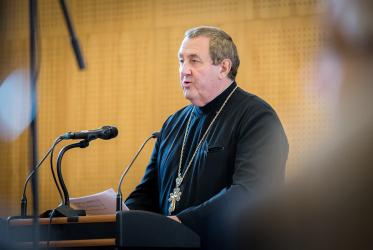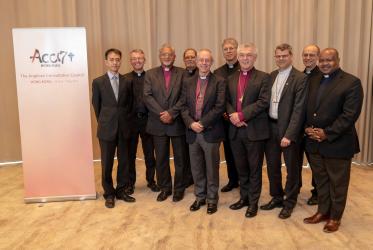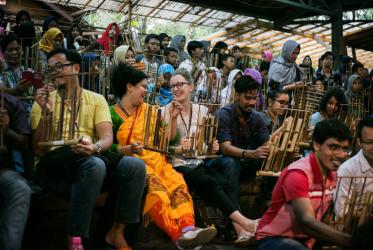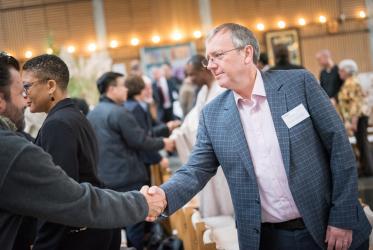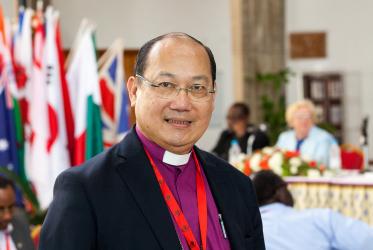Displaying 1 - 20 of 27
WCC mourns death of Rev. C.M. Kao
15 February 2019
Youth in Asia can now apply for WCC inter-religious training
15 February 2018
WCC expresses concern for Taiwan in wake of earthquake
08 February 2018
The motor engineers of the ecumenical movement
18 September 2017
Los motores del movimiento ecuménico
18 September 2017
GEM school ends with hope for a better tomorrow
08 September 2016
A just financial and economic architecture is possible, students find
08 September 2016
WCC offers condolences in wake of Taiwan earthquake
11 February 2016

